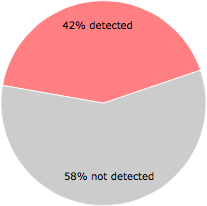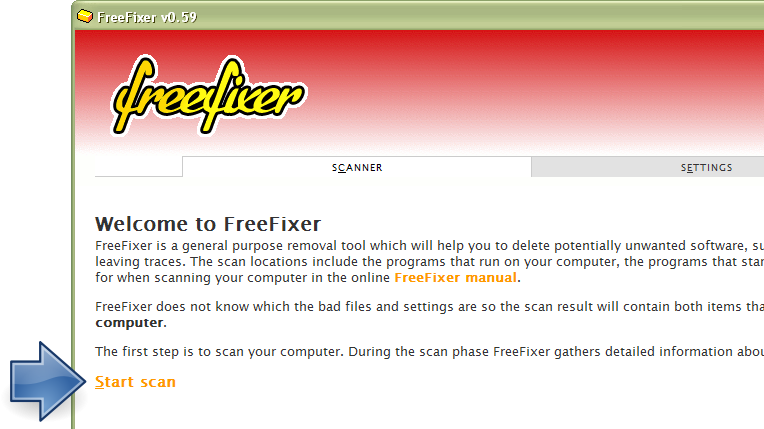What is session.exe?
session.exe is part of Session according to the session.exe version information.
session.exe's description is "Session"
session.exe is usually located in the 'c:\windows\multisessions\1612262\' folder.
Some of the anti-virus scanners at VirusTotal detected session.exe.
If you have additional information about the file, please share it with the FreeFixer users by posting a comment at the bottom of this page.
Vendor and version information [?]
The following is the available information on session.exe:
| Property | Value |
|---|---|
| Product name | Session |
| File description | Session |
| Internal name | Session.exe |
| Original filename | Session.exe |
| Legal copyright | Copyright © 2016 |
| Product version | 16.12.26.2 |
| File version | 16.12.26.2 |
Here's a screenshot of the file properties when displayed by Windows Explorer:
| Product name | Session |
| File description | Session |
| Internal name | Session.exe |
| Original filename | Session.exe |
| Legal copyright | Copyright © 2016 |
| Product version | 16.12.26.2 |
| File version | 16.12.26.2 |
Digital signatures [?]
session.exe is not signed.
VirusTotal report
28 of the 66 anti-virus programs at VirusTotal detected the session.exe file. That's a 42% detection rate.
| Scanner | Detection Name |
|---|---|
| Ad-Aware | Trojan.GenericKD.30858626 |
| ALYac | Trojan.GenericKD.30858626 |
| Arcabit | Trojan.Generic.D1D6DD82 |
| AVware | Adware.MSIL.Agent |
| BitDefender | Trojan.GenericKD.30858626 |
| CAT-QuickHeal | Pua.Msil |
| Cybereason | malicious.c1f724 |
| Cylance | Unsafe |
| Cyren | W32/Trojan.WHQF-7609 |
| F-Secure | Trojan.GenericKD.30858626 |
| Fortinet | Adware/Agent |
| GData | Trojan.GenericKD.30858626 |
| Jiangmin | AdWare.MSIL.iupo |
| Kaspersky | not-a-virus:AdWare.MSIL.Agent.bke |
| Microsoft | PUA:Win32/Presenoker |
| MicroWorld-eScan | Trojan.GenericKD.30858626 |
| Paloalto | generic.ml |
| Qihoo-360 | Win32/Trojan.Generic.48e |
| Rising | Malware.Undefined!8.C (CLOUD) |
| Sophos | Generic PUA ND (PUA) |
| Symantec | Trojan.Gen.2 |
| Tencent | Msil.Adware.Agent.Akyt |
| VBA32 | AdWare.MSIL.Agent |
| VIPRE | Adware.MSIL.Agent |
| Webroot | W32.Trojan.GenKD |
| Yandex | PUA.Agent! |
| Zillya | Trojan.GenericKD.Win32.78431 |
| ZoneAlarm | not-a-virus:AdWare.MSIL.Agent.bke |
session.exe removal instructions
The instructions below shows how to remove session.exe with help from the FreeFixer removal tool. Basically, you install FreeFixer, scan your computer, check the session.exe file for removal, restart your computer and scan it again to verify that session.exe has been successfully removed. Here are the removal instructions in more detail:
- Download and install FreeFixer: http://www.freefixer.com/download.html
- When the scan is finished, locate session.exe in the scan result and tick the checkbox next to the session.exe file. Do not check any other file for removal unless you are 100% sure you want to delete it. Tip: Press CTRL-F to open up FreeFixer's search dialog to quickly locate session.exe in the scan result.



 c:\windows\multisessions\1612262\session.exe
c:\windows\multisessions\1612262\session.exe 
- Restart your computer.
- Start FreeFixer and scan your computer again. If session.exe still remains in the scan result, proceed with the next step. If session.exe is gone from the scan result you're done.
- If session.exe still remains in the scan result, check its checkbox again in the scan result and click Fix.
- Restart your computer.
- Start FreeFixer and scan your computer again. Verify that session.exe no longer appear in the scan result.
Hashes [?]
| Property | Value |
|---|---|
| MD5 | e0fb8fbc1f7246dfb50dd45c04f4fe83 |
| SHA256 | c989b4203123e37a48bebd655ea80fba700419dd7c282f8cda7e7dc3df4caa15 |
Error Messages
These are some of the error messages that can appear related to session.exe:
session.exe has encountered a problem and needs to close. We are sorry for the inconvenience.
session.exe - Application Error. The instruction at "0xXXXXXXXX" referenced memory at "0xXXXXXXXX". The memory could not be "read/written". Click on OK to terminate the program.
Session has stopped working.
End Program - session.exe. This program is not responding.
session.exe is not a valid Win32 application.
session.exe - Application Error. The application failed to initialize properly (0xXXXXXXXX). Click OK to terminate the application.
What will you do with session.exe?
To help other users, please let us know what you will do with session.exe:
What did other users do?
The poll result listed below shows what users chose to do with session.exe. 100% have voted for removal. Based on votes from 9 users.
| Votes | |||
|---|---|---|---|
| Keep | 0 % | 0 | |
| Remove | 100 % | 9 |
NOTE: Please do not use this poll as the only source of input to determine what you will do with session.exe. Only 9 users has voted so far so it does not offer a high degree of confidence.
Comments
Please share with the other users what you think about this file. What does this file do? Is it legitimate or something that your computer is better without? Do you know how it was installed on your system? Did you install it yourself or did it come bundled with some other software? Is it running smoothly or do you get some error message? Any information that will help to document this file is welcome. Thank you for your contributions.
I'm reading all new comments so don't hesitate to post a question about the file. If I don't have the answer perhaps another user can help you.
Bitdefender detected "Session.exe" under the file "1612262" on Windows 10 as "Trojan.GenericCK.30858626". Not sure if it's a false positive or not, but it looks like a heuristic detection. I switched from Windows Defender because it had a constant false detections as a trojan with a definition generated from heuristics. I hope Bitdefender doesn't have the same issue.
# 15 Sep 2018, 20:36



Nunya writes